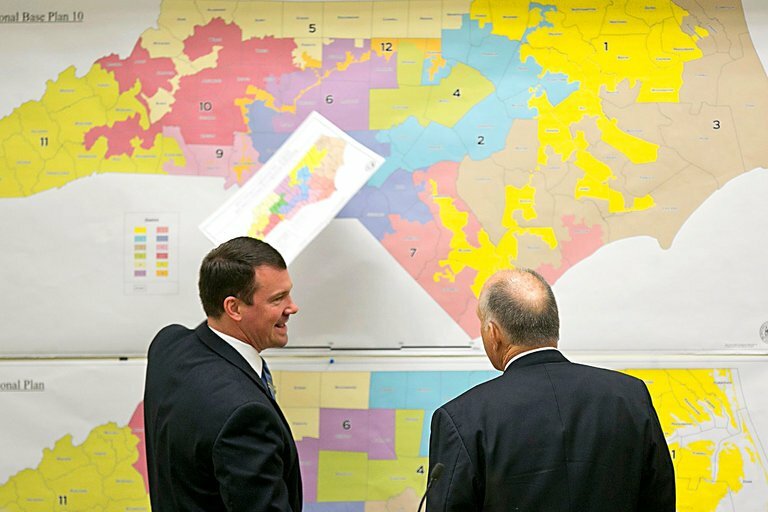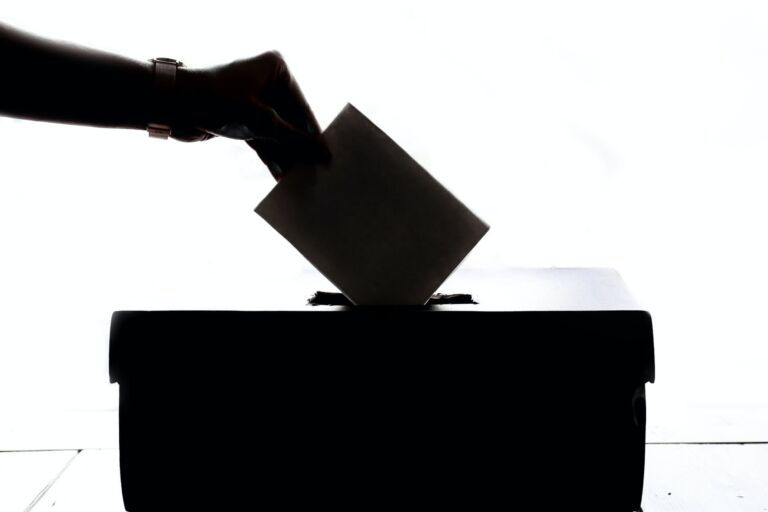The North Carolina State Board of Elections has opened a public comment portal on a request that they “authorize” (not “require”) county election boards to match signatures on absentee ballot container envelopes with voter signatures those county boards have on file:
The State Board of Elections has opened a written public comment period for a request by the North Carolina Republican Party for the State Board to authorize county boards of elections to scrutinize voter signatures on absentee ballot request forms and absentee ballot return envelopes, to determine whether to count those ballots in North Carolina elections.
The SBE announcement included information apparently designed to pooh-pooh the signature matching idea:
The State Board’s current guidance to county boards of elections is not to use signature verification in the consideration of absentee returns. Under state law, each absentee by-mail voter must have two witnesses or a notary attest that the voter completed their ballot in the witnesses’ presence. Verification of the voter’s identity is completed through this witness requirement. State law does not explicitly address the comparison of voter signatures.
Elections Board Will Likely Reject Request on Signature Matching…
(That phrasing gave me a flashback to an SBE bait-and-switch on signature verification and the witness requirement during the 2020 election. It was a bad trip indeed, with SBE executive director Karen Brinson Bell first using the absentee ballot witness requirement as the rationale for telling county boards not to do signature matching and then seeking to get rid of the witness requirement.)
As noted in the first sentence of the SBE announcement, the proposal to allow county election boards to do signature matching was not their idea but is due to a request for a declaratory ruling from the North Carolina Republican Party, a member of the Cumberland County Board of
Elections, and a voter from Guilford County.
What are the odds of the SBE reversing itself on signature matching? Pretty low. The current SBE leadership has a history of doing the minimum allowed under state law to protect election integrity. Those bringing the request at probably under no illusions about that and their request is likely the first step towards suing the SBE over signature matching.
…But Your Voice Could Still Make a Difference
While the SBE is not inclined to change course on signature matching, public input can make an impact. There are two instances in recent history in which public comments helped derail the SBE’s intentions.
The SBE attempted to illegally expand Brinson Bell’s emergency powers in the spring of 2020. Public comments to the Rules Review Commission (which has final approval on attempts to change executive agency regulations) and testimony at their May 2020 meeting helped lead that body to reject the SBE’s attempt.
The SBE tried to illegally limit the number of election observers at voting places a year later. Public comments were unanimously and vigorously opposed to the proposed rule change. Under that public pressure, the SBE dropped its attempt.
Public pressure can work on the SBE.
What You Can Do
To make your voice heard on signature matching for absentee ballots, do your research on the topic. Then go to the SBE’s “2022 Public Comment Period on Signature Verification for Absentee Voting” page and scroll to the bottom. There you will see where you can place your comment. You must also provide your name and email address. The comment period lasts through Tuesday, July 5.
Update: Implementing Signature Verification
The two-witness requirement election boards are legally required to use for absentee ballots should not be thought of as a substitute for signature matching. They are not mutually exclusive ballot security measures. The witness requirement and signature matching for ballot security are no more mutually exclusive than having an alarm for your home and locking your doors.
Signature verification is the most common form of absentee ballot security measures, being used in 27 states. It has been upheld as constitutional in courts across the country as long as it is used consistently.
If North Carolina implements signature verification, it should be done consistently across the state. All county election officials who handle absentee ballots should be trained in signature verification. The General Assembly should consider providing county election boards with funds to purchase signature verification software to make the process faster and more consistent.
If any ballots are flagged due to a signature mismatch, the affected ballots should be made “pending cure” and the voters notified, so they will have a chance to confirm if the ballots came from them.


